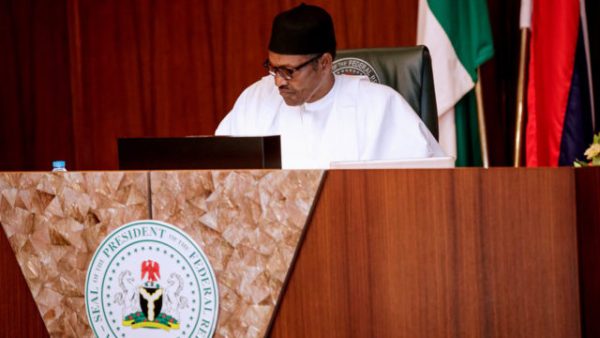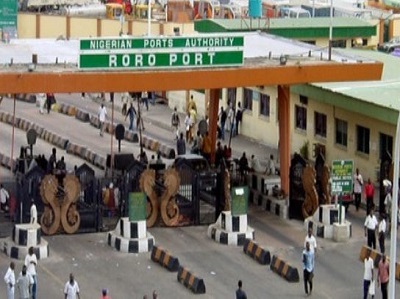Maximizing AfCFTA Opportunities

Nigeria became the 53rd country to sign the African Continental Free Trade Agreement (AfCFTA) the world’s largest single market, when President Muhammadu Buhari signed last month.
The agreement will be the largest trade agreement in history since the creation of the World Trade Organization (WTO). The pact aims to boost intra-African trade by making Africa a single market of 1.2 billion people and a cumulative Gross Domestic Product (GDP) of over $3.4 trillion. The UN Economic Commission for Africa (UNECA) estimates that the implementation of the agreement could increase intra-African trade by 52% by 2022 (compared with trade levels in 2010) and double the share of intra-African trade (currently around 13% of Africa’s exports) by the start of the next decade.
This will provide great business opportunities for trading enterprises, businesses and consumers, unlocking trade and manufacturing potential and further enhancing industrialization in Africa. With the AfCFTA agreement, exports of processed or intermediate goods will increase rapidly, further opening the way to Africa’s economic transformation to dynamically-diversified economies and globally competitive industrial production locations.
With about 80 per cent of the region’s businesses tied to Small and Medium Scale Enterprises, this development is a good one for the continent.
However, in Nigeria there are growing concerns that the nation could lose significantly due to poor infrastructure, such as power supply, transport deficiencies, low production, among other factors.
Speaking with MMS Plus recently, the President of Ship-Owners Association of Nigeria (SOAN) Dr. Mkgeorge Onyung stated that Nigeria must see the positives and make the decision to maximize the opportunities.
“Africa is no different from Europe, Asia and other continents where such agreements exist. The only thing lacking is the will to be open-minded and see opportunities. In Africa, we have to be able to correlate and build our economies in an appropriate manner. Now that various governments have seen the need for AfCFTA, it means that the opportunities are available” Onyung said.
Reacting to the various reports of the agreement being counterproductive for Nigeria, he said, “In Nigeria, this is not a threat. It is not a threat to be the biggest economy and population in the region. If smaller nations take advantage of us, what we have to do is to learn quickly and change the tide to our advantage”








